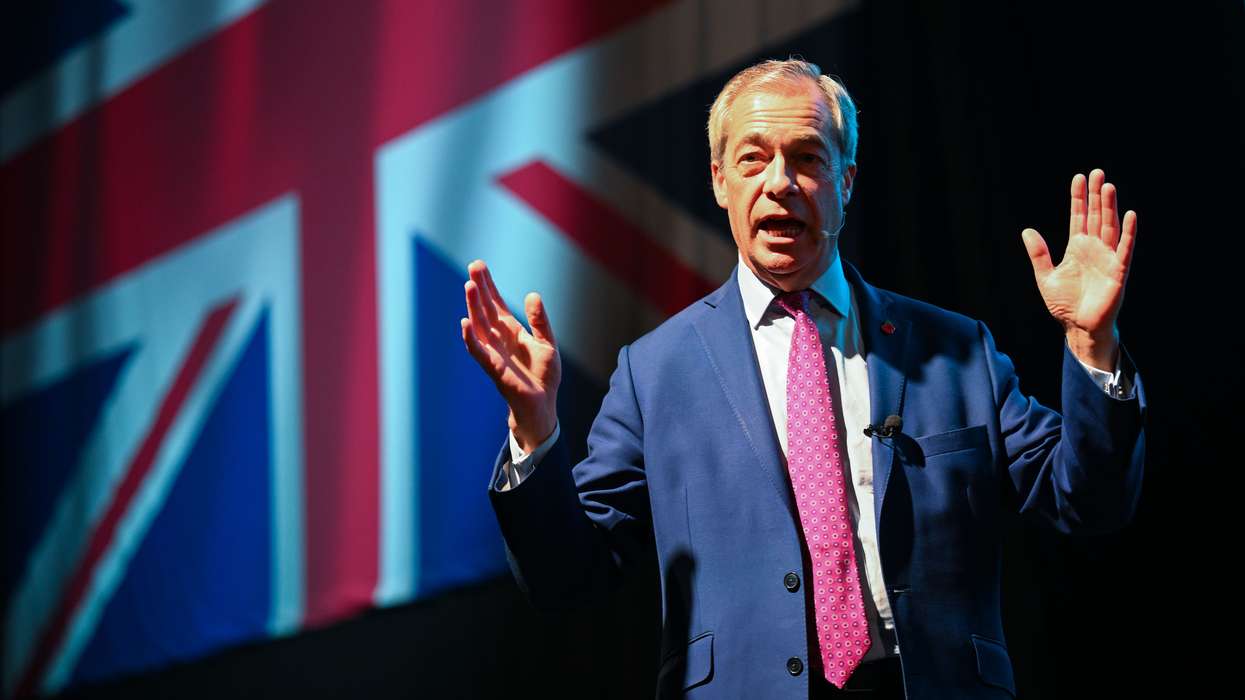Fast Growth Business Award (supported by the Karali Group): Mahmud Kamani, founder of Boohoo.com
Mahmud Kamani is a visionary in the fashion world, being quick to spot the potential the internet held for retail and taking advantage of the technology to sell directly to his customers. Boohoo’s line of chic and stylish clothing has been a huge hit amongst 16 to 24 year olds, allowing the company to expand overseas and celebrate strong growth as revenues rose 41 per cent in Europe and 93 per cent in the US.



